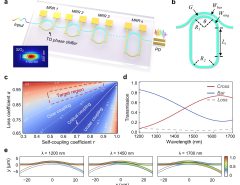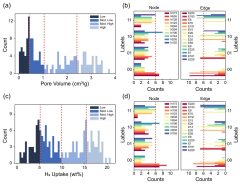Authors: Pingchuan Ma, Tsun-Hsuan Wang, Minghao Guo, Zhiqing Sun, Joshua B. Tenenbaum, Daniela Rus, Chuang Gan, Wojciech Matusik
Published on: May 16, 2024
Impact Score: 7.4
Arxiv code: Arxiv:2405.09783
Summary
- What is new: Introduction of the Scientific Generative Agent (SGA), a bilevel optimization framework that combines the abstract reasoning capabilities of Large Language Models (LLMs) with the computational strength of simulations.
- Why this is important: Large Language Models struggle in simulating observational feedback and grounding it with language for advancements in physical scientific discovery.
- What the research proposes: SGA framework integrates LLMs for generating hypotheses and utilizes simulations for providing observational feedback and optimizing discrete and continuous scientific components.
- Results: The framework demonstrated its efficacy in constitutive law discovery and molecular design, producing novel solutions that are both unexpected and analytically coherent.
Technical Details
Technological frameworks used: Scientific Generative Agent (SGA), a bilevel optimization model
Models used: Large Language Models (LLMs)
Data used: Data from physics equations and molecular structures
Potential Impact
Pharmaceuticals, materials science, academic research institutions, and companies involved in scientific R&D could be significantly impacted.
Want to implement this idea in a business?
We have generated a startup concept here: SciGenix.




Leave a Reply